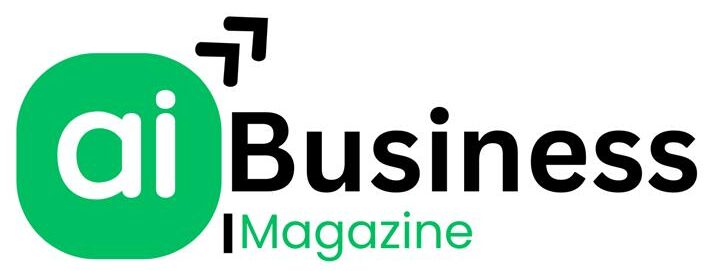Looking for a profession on the cutting edge of innovation? Look no further than artificial intelligence. There’s a huge need for people who know AI, and it’s only getting bigger. But where do you start? Don’t worry, we’ve got your back. Learning AI has never been easier—you can now access world-class training from the comfort of your couch.
This curated list of nine top-notch online courses will give you the edge you need to break into the AI field, no matter your current background.
1. AI For Everyone
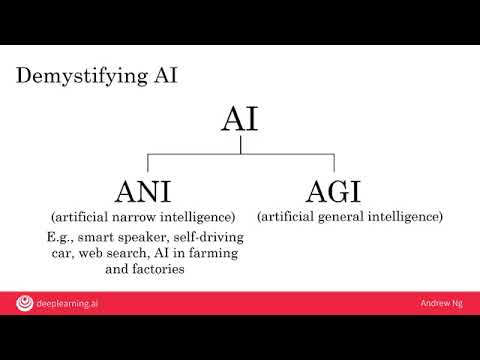
Who Should Take This Course?
Those interested in grasping AI essentials without code or complex math.
What You’ll Get from This Course?
AI For Everyone is the perfect introductory course for anyone looking to develop AI literacy. By enrolling, you’ll gain:
- A comprehensive overview of AI: its capabilities, common misconceptions, and benefits.
- An understanding of AI’s transformative possibilities for the future.
- Non-technical lessons, meaning no prerequisites, mathematics, or coding required.
This course empowers you to discuss AI knowledgeably and integrate it into your career or business. If you’re keen on Generative AI, Andrew Ng’s new course, Generative AI for Everyone, takes a similar non-technical approach aimed at large-language models.
Who’s Teaching?
Andrew Ng, a prominent figure in the AI and online learning communities, leads this course. Some highlights of him:
- Co-founding Coursera, one of the world’s most popular online learning platforms.
- Leading the Google Brain AI research team.
- Building the Artificial Intelligence team at Baidu.
- A Stanford professor instructing in machine learning and artificial intelligence.
- Creating the world’s best machine learning course.
Link: Enroll in AI For Everyone
2. Artificial Intelligence Nanodegree
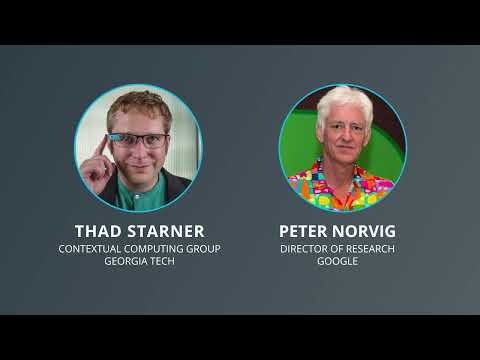
Who Should Take This Course?
Ideal for those seeking a comprehensive exploration of diverse AI techniques by leading experts.
What You’ll Get from This Course?
You will receive a comprehensive introduction to essential AI techniques, deliberately avoiding an emphasis on machine learning or generative AI. This course is designed to complement Peter Norvig’s highly regarded textbook, providing additional context and interactive feedback through quizzes and hands-on projects.
Every module features practical projects aimed at reinforcing your understanding and boosting your portfolio, including:
- Building a sudoku solver.
- Creating a forward-planning agent.
- Developing an adversarial game-playing agent.
- Crafting a part-of-speech tagging model.
Who’s Teaching?
Peter Norvig is the co-author of “Artificial Intelligence: A Modern Approach,” the most popular textbook for AI university programs. His experience includes:
- Teaching at several prestigious universities, including Stanford and UC Berkeley.
- Directing Google’s search algorithm group.
- Heading NASA’s Computational Sciences Division.
- Co-teaching a Stanford AI online course that enrolled over 160,000 students.
Norvig is known for blending practical and theoretical teaching to give students a deep and intuitive understanding of AI.
This course provides a strong foundation in AI techniques, mirroring many introductory AI courses offered at universities, and is presented by two top minds in the industry.
Link: Enroll in Artificial Intelligence Nanodegree
3. Computer Science for Artificial Intelligence Professional Certificate
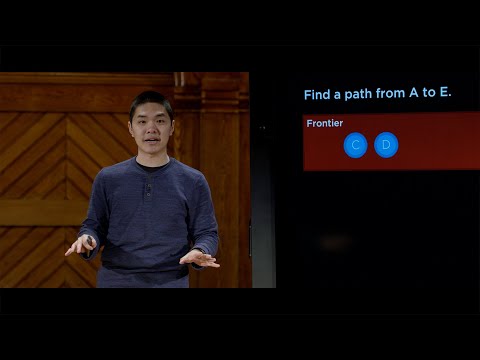
Who Should Take This Course?
Individuals pursuing AI fluency who value a strong CS base.
What You’ll Get from This Course?
This five-month professional certificate on edX tracks Harvard’s in-person CS50 program. It’s a popular beginner-friendly computer science course known for its challenging problem sets. You’ll:
- Build programs that solidify your understanding of coding, algorithms, and data structures.
- Learn fundamental AI concepts and build AI programs
- Parse sentences and extract noun phrases (NLP).
- Predict masked words in sentences (language models).
Prior coding experience is recommended. A strong CS foundation may allow you to skip the first course. The program features high-quality video production, excellent instructors, and a large, active online community.
Who’s Teaching?
David J. Malan, a Harvard computer scientist and professor, instructs the first course. Brian Yu, a software developer, educator, and YouTuber, teaches the AI course. The lessons blend presentations and code demonstrations, offering insightful instruction without handholding.
Link: Enroll in Computer Science for Artificial Intelligence Professional Certificate
Chain – Develop LLM powered applications with LangChain
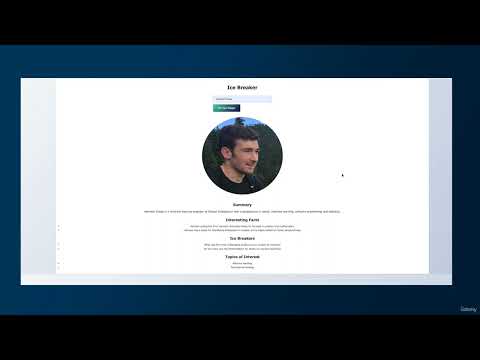
Who Should Take This Course?
Experienced Python coders building innovative applications using the latest LLM advancements.
What You’ll Get from This Course?
This course teaches you how to build advanced LLM applications using Python libraries and techniques like Retrieval Augmented Generation (RAG), vector databases, and agentic workflows. You’ll learn to create complex systems that outperform basic chat API wrappers. The course includes end-to-end examples, such as:
- An app that generates networking icebreakers from LinkedIn profiles.
- An assistant that answers queries about code documentation.
- A simplified version of ChatGPT’s code interpreter.
This course is designed for developers who want to quickly build advanced LLM applications, focusing on practical implementation rather than mathematical theory.
Who’s Teaching?
Eden Marco, an experienced software engineer, Udemy instructor (56k+ students, 4.5-star average rating), and Google Cloud LLM Specialist and Customer Engineer. Marco is known for well-structured, high-quality courses that are regularly updated.
Link: Enroll in Develop LLM powered applications with LangChain
5. Large Language Models Professional Certificate
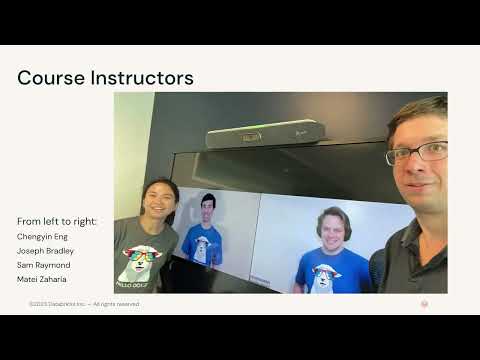
Who Should Take This Course?
Developers with ML experience are looking to advance their LLM application development.
What You’ll Get from This Course?
This three-week course teaches how LLMs work, their capabilities, and how to build projects with them. understand core LLM principles: Transformers, zero-shot inference, fine-tuning, and RLHF. Modules cover both conceptual and mathematical aspects, followed by practical Python implementation and building a model architecture example with PyTorch code. Prior machine learning experience is recommended.
Who’s Teaching?
This program is by Databricks, with instructors from their team:
- Sam Raymond – Sr. Data Scientist (Ph.D. Computation Engineering and Machine Learning, MIT; postdoc researcher at Stanford and MIT).
- Chengyin Eng – Sr. Data Scientist (Master’s in computer science, UMass Amherst; speaker at machine learning conferences).
- Joseph Bradley – Lead ML Product Specialist (Ph.D. Machine Learning, Carnegie Mellon; former software engineer at Databricks and postdoc at UC Berkeley).
This course provides a broad survey of LLM architectures, covering recent advancements, optimizations, and challenges with practical Python examples.
Link: Enroll in Large Language Models Professional Certificate
6. Deep Learning Specialization
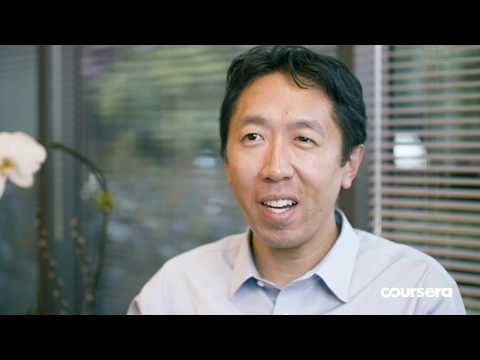
Who Should Take This Course?
Experienced students looking to focus on the deep learning branch of AI
What You’ll Get from This Course?
Designed as a follow-up to Andrew Ng’s Machine Learning Specialization, this course provides a deep dive into deep neural networks. Over five months, you’ll learn the mathematics behind deep neural networks and how to build them from scratch through guided coding sessions. The modules include quizzes and challenging projects. A background in Python, Linear Algebra, and Machine Learning is recommended.
Who’s Teaching?
The instructors are Andrew Ng, Younes Bensouda Mourri, and Kian Katanforoosh. Mourri teaches AI at Stanford (on campus and online), co-created graduate-level AI courses, and is the instructor for the Natural Language Processing Specialization. Katanforoosh is a Stanford Computer Science lecturer, co-creator of Stanford’s Deep Learning course, founding member of DeepLearning.ai, and founder of Workera.
Link: Enroll in Deep Learning Specialization
7. Self-Driving Cars with Duckietown

Who Should Take This Course?
Advanced learners with a strong interest in autonomous driving and hands-on learning.
What You’ll Get from This Course?
This course pairs lessons with a physical kit (road mats, traffic cones, signs, and a programmable self-driving robot called Duckiebot). You’ll learn essential autonomous vehicle functions (lane recognition and driving, intersection stops, object detection and avoidance) using Python and machine learning frameworks like PyTorch and TensorFlow. Prerequisites include familiarity with Python, Linux, Git, probability, linear algebra, and calculus.
Who’s Teaching?
Five instructors teach this course: a professor and two senior researchers from ETH Zurich, a professor from the University of Montreal, and a professor from Toyota Technological Institute at Chicago. The team has expertise in robotics, aerospace engineering, computer science, and control and dynamical systems.
Duckiebot uses an NVIDIA Jetson Nano, which you’ll learn to program. Upon completion, you’ll have knowledge of basic robotics, IoT, and reinforcement learning (e.g., Q Learning), applicable to various IoT and robotics applications.
Link: Enroll in Self-Driving Cars with Duckietown
8. Artificial Intelligence
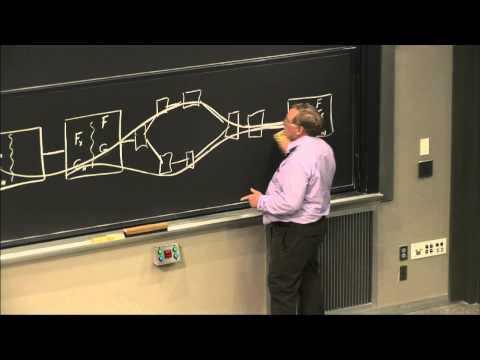
Who Should Take This Course?
Self-starters looking for a completely free, top-tier course.
What You’ll Get from This Course?
MIT OpenCourseWare (OCW) hosts this free AI course, including lecture videos, problem sets and exams with solutions, and lecture notes. This undergraduate course from 2010 teaches neural networks but focuses more on classic AI algorithms and applications. Some Python programming experience is needed for problem sets. MIT OCW is not interactive, requiring self-motivation and self-grading.
Who’s Teaching?
Patrick Winston, a computer scientist and renowned MIT professor (Ph.D., MIT; directed MIT’s AI lab for over 20 years; authored books on programming languages and AI).
Link: Enroll in Artificial Intelligence
9. CS224N: Natural Language Processing with Deep Learning
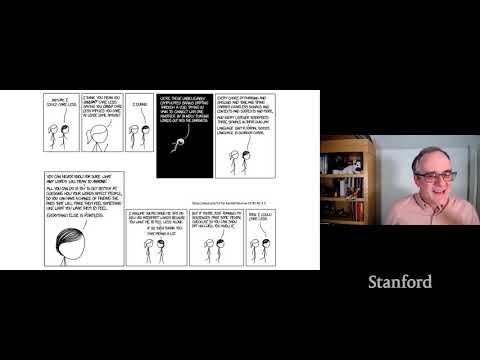
Who Should Take This Course?
Intermediate to advanced students with machine learning experience who want to learn about language-based systems.
What You’ll Get from This Course?
Stanford provides free access to its CS224N: Natural Language Processing with Deep Learning course through a YouTube playlist. Spanning 10 weeks, the course explores a wide variety of topics related to NLP and Deep Learning. To participate, students should have a background in Python, Calculus, Linear Algebra, and Probability.
It’s important to note that while access is free, it does not include graded assignments, exams, or community engagement.
Who’s Teaching?
Christopher Manning is the course instructor. He is a Professor of Machine Learning, Linguistics, and Computer Science at Stanford and also directs the Stanford AI Laboratory. Manning has been at the forefront of developing NLP Deep Learning algorithms, written textbooks on NLP and information retrieval, and has been teaching this course at Stanford since 2000.
Link: Enroll in CS224N: Natural Language Processing with Deep Learning
Conclusion
So, there you have it – nine incredible online courses to kickstart your AI journey. The future of AI has been leading the way with so many options and with the right learning, you can be a part of that. Don’t wait – begin the learning process today and carve out a bright world for the next day! Happy learning!
